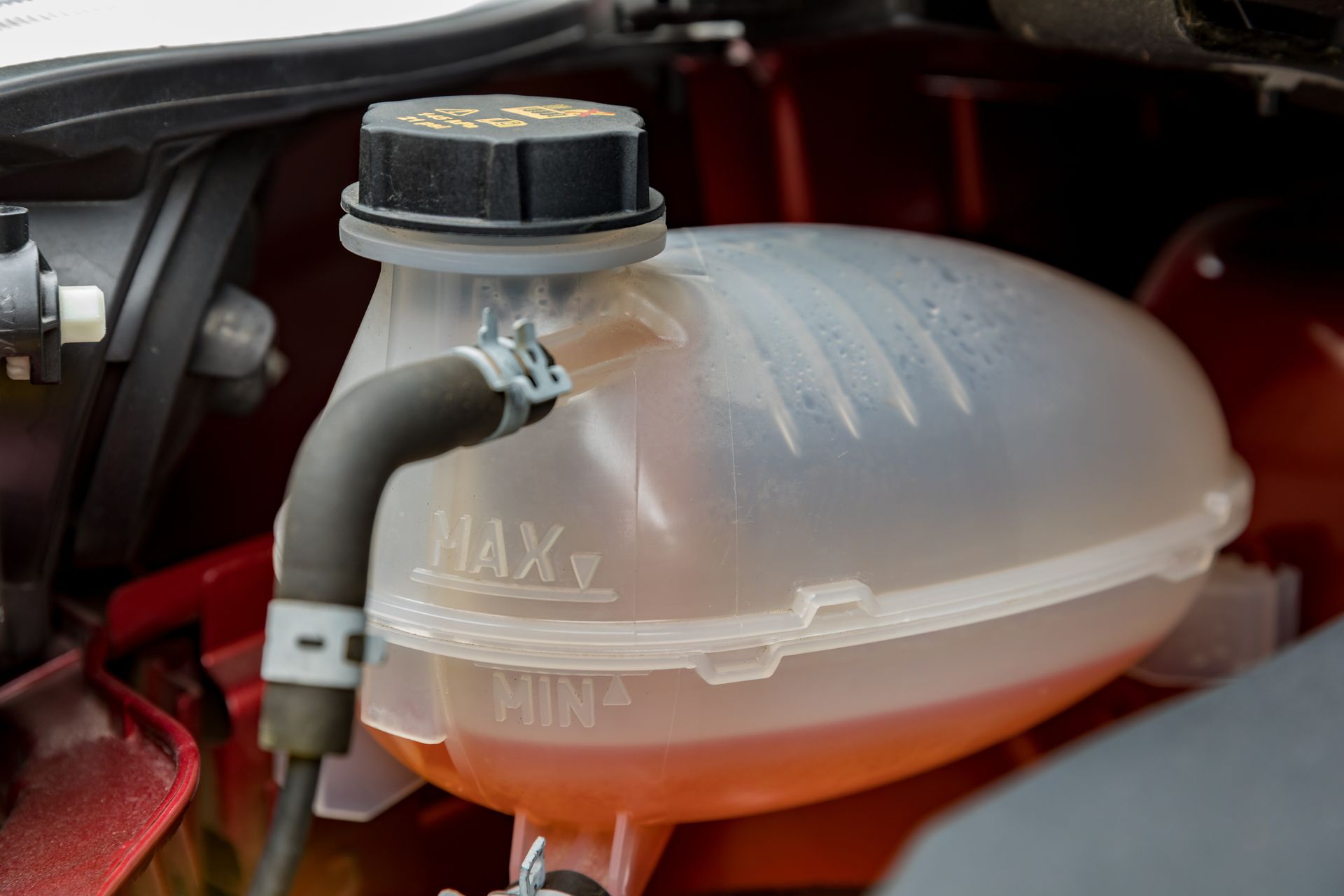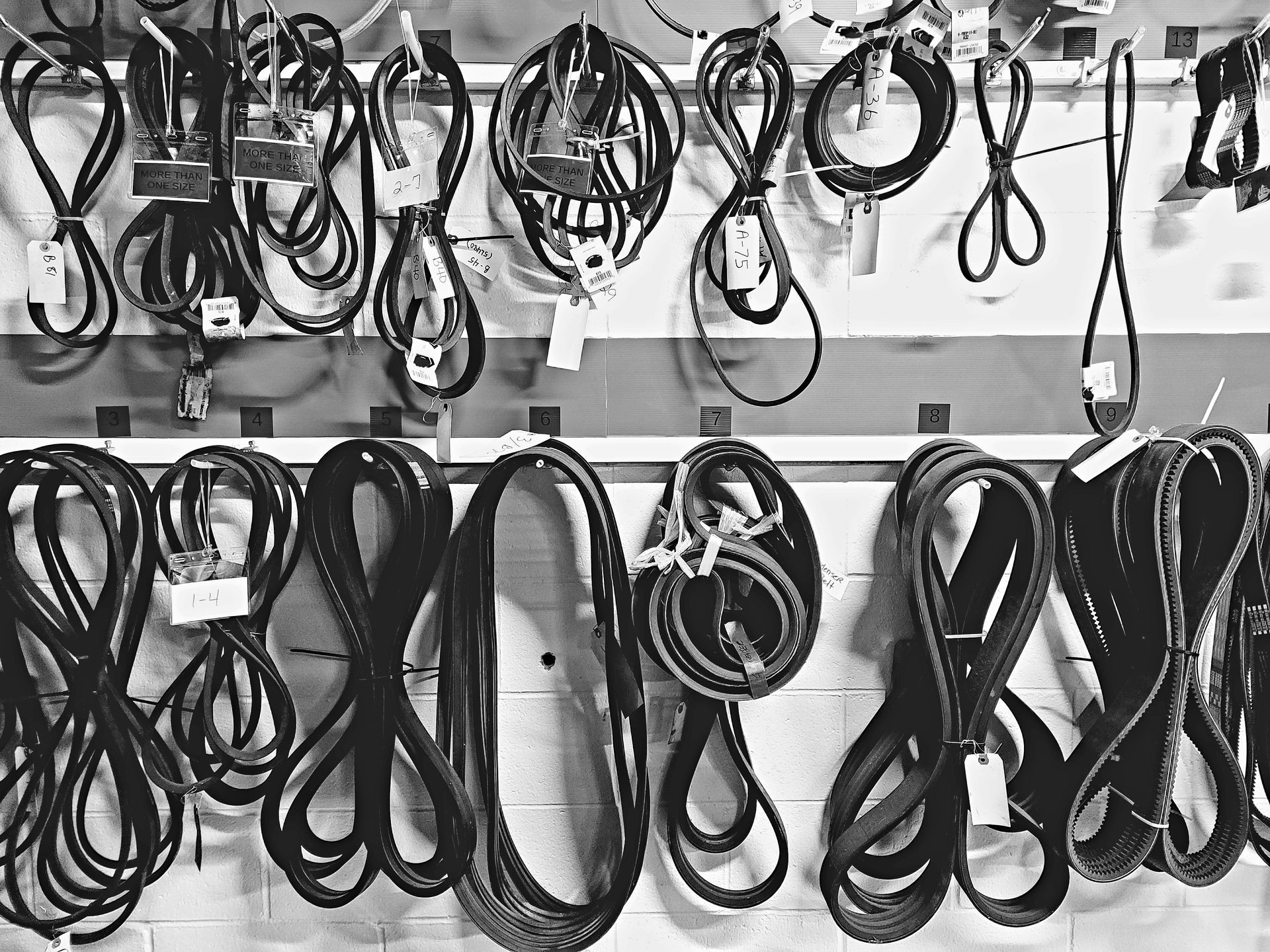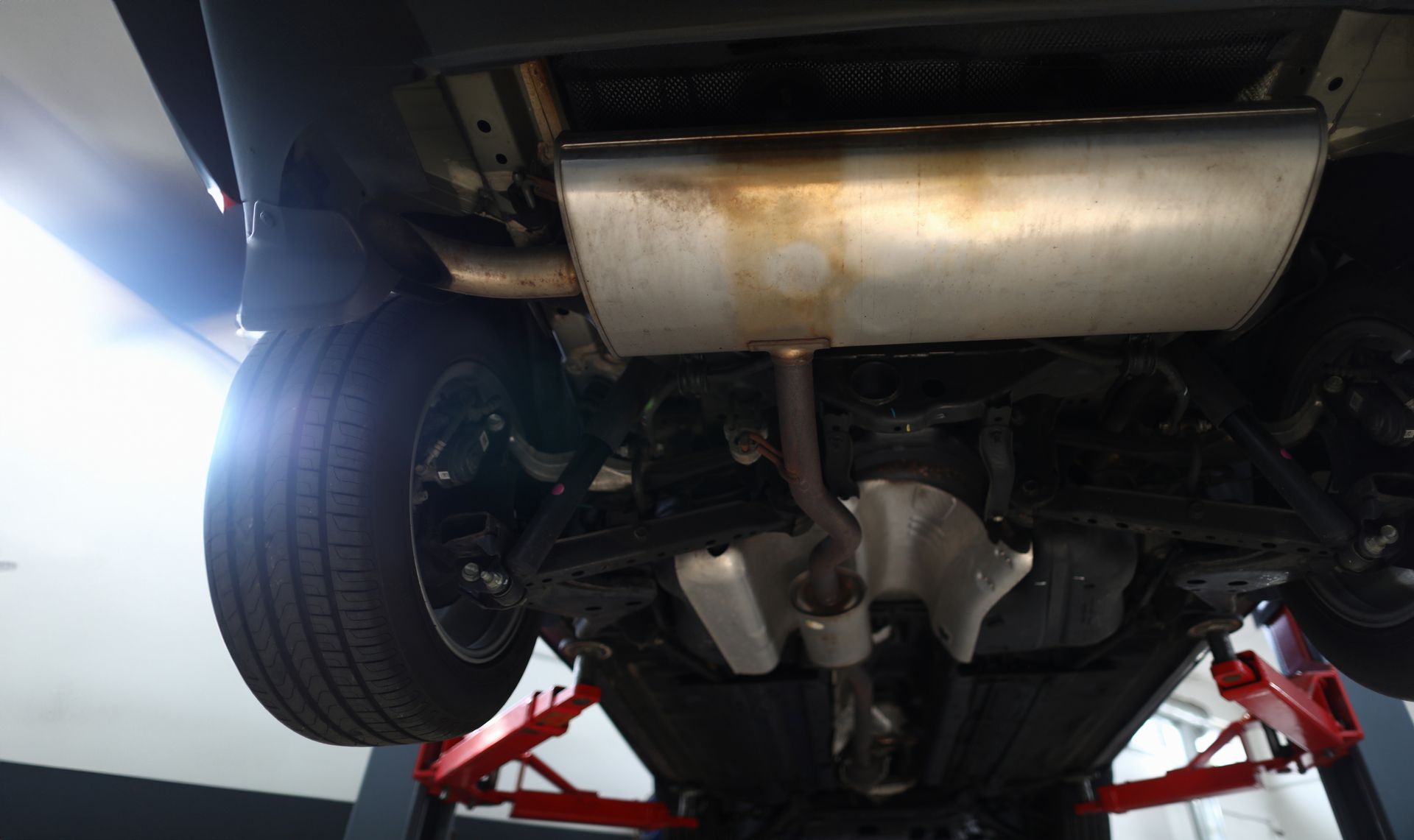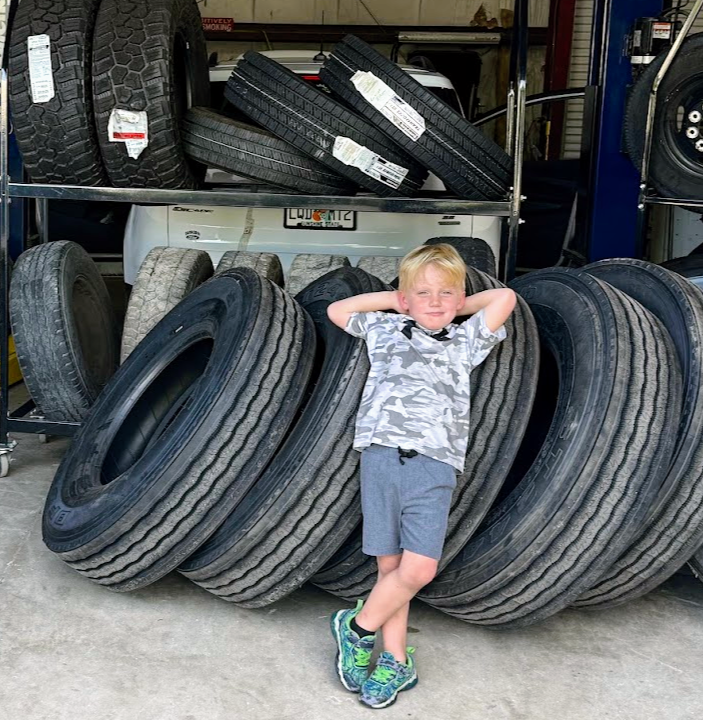Your diesel truck’s suspension system plays a crucial role in providing stability, handling, and comfort, especially under heavy loads or rough driving conditions. Over time, wear and tear on suspension components can lead to poor performance, rough rides, and costly repairs. Keeping your suspension in top condition ensures a smoother, safer, and more reliable drive. Here’s how to protect your diesel truck’s suspension from excessive wear and tear.
Inspect Suspension Components Regularly
Your truck’s suspension consists of shocks, struts, control arms, bushings, springs, and ball joints—all of which take a beating over time. Periodic inspections can help you catch small issues before they turn into major repairs.
What to Check:
- Look for leaks or damage on shocks and struts—worn-out shocks cause excessive bouncing and poor handling.
- Inspect bushings and ball joints for cracks or excessive play, which can lead to loose steering and vibrations.
- Check for sagging leaf springs or coil springs, which can affect ride height and weight distribution.
Keep Your Tires Properly Inflated and Aligned
Tires are directly connected to your suspension, and improper inflation or alignment can cause unnecessary strain on components. Underinflated tires create extra stress on shocks and struts, while misalignment leads to uneven wear and poor handling.
Preventative Measures:
- Keep tire pressure at manufacturer-recommended levels.
- Get a wheel alignment if you notice uneven tire wear or your truck pulling to one side.
- Rotate tires regularly to ensure even wear and reduce stress on the suspension.
Avoid Overloading Your Truck
Diesel trucks are built for heavy-duty work, but exceeding their weight limits puts extreme pressure on suspension components. Overloading can cause premature wear on springs, shocks, and control arms, leading to costly repairs.
What to Do:
- Know your truck’s maximum payload and towing capacity and stay within those limits.
- Use reinforced suspension components if you frequently haul heavy loads.
- Consider adding airbag suspension kits for extra support when carrying heavy cargo.
Drive Carefully on Rough Terrain
Potholes, gravel roads, and uneven surfaces can wreak havoc on your suspension system. Repeated impact from rough roads accelerates wear on shocks, struts, and bushings.
How to Minimize Damage:
- Slow down when driving over rough terrain or railroad tracks.
- Avoid potholes whenever possible.
- Use off-road shocks or upgraded suspension components if you regularly drive in rugged conditions.
Keep Suspension Components Lubricated
Some suspension parts, like ball joints and bushings, require lubrication to prevent excessive wear. Dry or rusted components can cause squeaks, clunks, and rough handling.
Maintenance Tips:
- Check and grease ball joints, tie rod ends, and control arm bushings as recommended.
- Inspect shock mounts and coil springs for signs of corrosion or damage.
- Replace worn-out bushings to maintain proper alignment and reduce suspension noise.
Flush and Replace Suspension Fluid (If Applicable)
Some heavy-duty diesel trucks use hydraulic or air suspension systems that require periodic fluid maintenance. Dirty or low suspension fluid can cause reduced damping performance and premature wear.
Best Practices:
- Check suspension fluid levels if your truck has an adjustable air or hydraulic suspension system.
- Replace old fluid to maintain proper shock absorption and ride comfort.
Final Thoughts
Your diesel truck’s suspension system is built for durability, but it still requires regular maintenance to stay in top shape. By inspecting components, keeping tires aligned, avoiding excessive loads, and maintaining lubrication, you can prevent premature wear and ensure a smoother, more controlled ride. If you notice excessive bouncing, uneven tire wear, or steering instability, have your suspension checked by a professional to keep your truck performing at its best.












